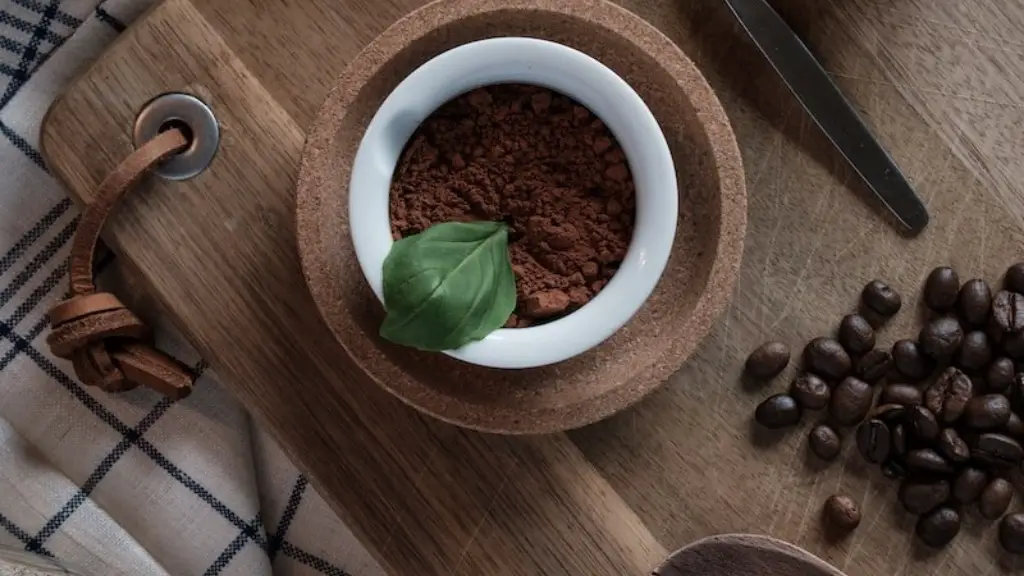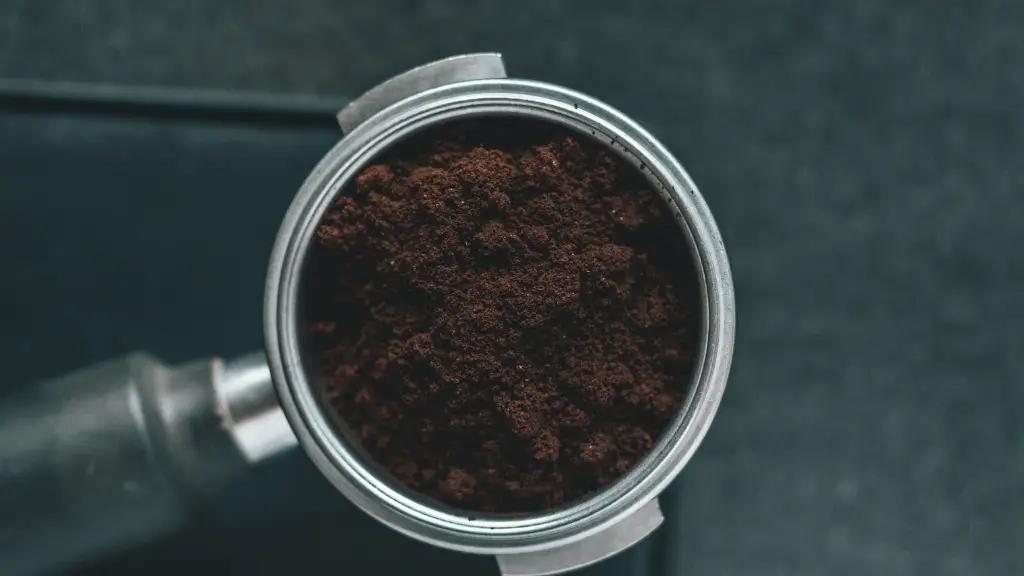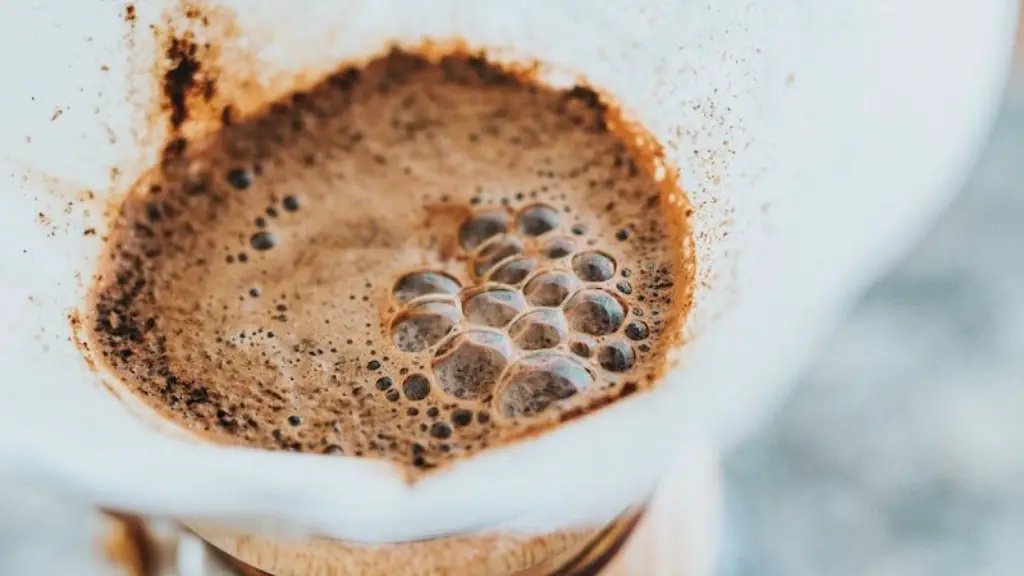Your morning can’t start until you’ve had that cup of coffee. Whether you are at home or on the road, coffee is there for you, readily available to help you conquer your day. But what about coffee with meals? Should you drink coffee with food? There is some debate as to whether drinking coffee with meals can be beneficial or detrimental to your health.
When it comes to drinking coffee with food, there are both positives and negatives to consider. Some medical experts argue that the combination of coffee and food may alter the metabolism of the body, resulting in health complications and potentially misinterpreting the body’s signals. Others argue that when coffee is consumed with food, it can help slow digestion, potentially leading to a more efficient utilization of the nutrients in the food.
It is well known that coffee has benefits for your health – it can provide an energy boost, and help with mental clarity. Coffee can also help guard against diseases such as Parkinson’s, diabetes, and certain cancers. However, when coffee is consumed with food, it can interfere with the digestion of proteins and carbohydrates, leading to digestion issues.
One potential downside to drinking coffee with food is that it can make your stomach feel bloated. This is because the combination of caffeine and food can create a feeling of fullness or a sense of being bloated. Additionally, consuming caffeine can lead to unpleasant side effects, such as headaches and heartburn.
There are some potential benefits to drinking coffee with meals as well. For instance, coffee can help stimulate the production of stomach acid, helping digestion. Furthermore, caffeine can be a diuretic, so it can reduce water retention in the body, leading to increased energy levels.
When it comes right down to it, the decision of whether to drink coffee with food is a personal one. Those who are sensitive to caffeine may want to stay away from this combination. It may also be beneficial to listen to your body and determine what type of response you get from drinking coffee with meals. If the combination is causing any adverse reactions, it may be best to avoid it.
Overeating
One risk of drinking coffee with food is that it may make it difficult for people to control their portions. The stimulant effects of caffeine can increase the amount of food that is eaten during a meal, potentially leading to overeating.
In addition, caffeine may reduce the feeling of fullness after meals, leading to over-consumption throughout the day. This can be problematic, as overeating can lead to a variety of health issues, including weight gain, high blood sugar, and high cholesterol.
Fortunately, there are some ways to minimize the potential for overeating when drinking coffee with meals. For instance, consuming smaller meals throughout the day can help keep portions under control. Additionally, drinking coffee before meals can help limit the amount of food consumed.
Furthermore, the time at which you drink your coffee may be important. When caffeine is consumed late in the day or too close to bedtime, it can result in restlessness, making it difficult to get quality rest. Therefore, it may be wise to limit coffee consumption to the morning and afternoon.
Nutrition
It is also important to consider the types of foods that are eaten when drinking coffee with meals. Consuming whole-grain cereals and breads, lean proteins, and complex carbohydrates can help ensure that your meal is nutritious and balanced.
It is also beneficial to incorporate fresh fruits and vegetables, as these foods are packed with essential vitamins, minerals, and fiber. Additionally, avoiding processed, sugary, and fatty foods can help to create a healthier meal.
Furthermore, limiting the amount of caffeine can also help to ensure that you are getting the most nutrition from your meal. Consuming too much caffeine can interfere with the absorption of essential vitamins and minerals.
Finally, drinking sufficient amounts of water can help to keep you hydrated, aiding in the digestion of your meal and helping you to feel full. Staying hydrated can also help to reduce the potential for overeating.
Lifestyle Habits
In addition to considering factors such as nutrition and overeating, it is also helpful to consider lifestyle habits when deciding whether to drink coffee with meals. Establishing a regular sleep schedule and creating an environment that encourages restful sleep can help to reduce the need for coffee with meals.
It is also beneficial to cut down on other sources of caffeine, such as energy drinks, tea, and chocolate bars. Mindful snacking, that is, limiting the types and amount of snacks, can also be beneficial. Finally, incorporating regular physical activity into your routine can help to boost your energy levels and can help you to get the most nutrition from your meals.
Mood and Stress
The effects of caffeine on your mood and stress level can also impact the decision to drink coffee with meals. Caffeine can have an uplifting effect on your mood, which may be beneficial when drinking coffee with meals. However, it is important to remember that too much caffeine can create an agitated or jittery feeling, which can be a detriment to your meal.
Furthermore, the effects of caffeine on your stress level can have an effect on the decision to drink coffee with meals. Studies have found that drinking coffee can lead to increases in cortisol levels, the “stress hormone”. Therefore, it may be beneficial to limit coffee consumption to moments of low stress to ensure that stress levels do not increase too much during meals.
Appetite Suppressant
Another factor to consider when deciding to drink coffee with meals is its potential to act as an appetite suppressant. Caffeine has been shown to reduce hunger and cravings, which can help to regulate portion sizes and ensure that meals are not too large.
Additionally, caffeine can help to reduce cravings for items such as sugar and carbohydrates. This can be beneficial for those who are trying to make healthier food choices or trying to regulate their weight.
Moderation
In conclusion, the decision to drink coffee with meals is a personal one, and should be considered carefully. It is important to keep track of your body’s response to this combination, and to practice moderation when it comes to caffeine consumption. Additionally, staying mindful of nutrition and lifestyle habits can help to ensure that drinking coffee with meals is beneficial rather than detrimental to your health.





